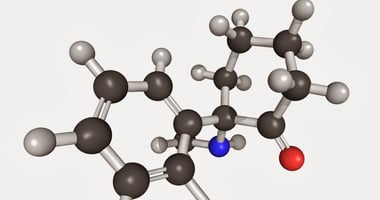Research suggesting that the anesthetic drug ketamine acts quickly to reduce depressive symptoms is...
Study Compares Ketamine With ECT in Treatment-Resistant Depression
 |
Eighteen hospitalized patients with major depressive disorder were randomized to receive either three infusions of ketamine or three ECT treatments. The primary outcome measures were the Beck Depression Inventory and Hamilton Depression Rating Scale, which were used to rate overall depressive symptoms at baseline and at 24 hours, 72 hours, and one week after treatment. Ketamine was found to have a more rapid onset of antidepressant action as well as more effectiveness in decreasing depression, the researchers reported in Psychiatry Research.
"Studies exploring depression treatments that rival the rapid, definitive treatment response of ECT are important," M. Justin Coffey, M.D., chief of the Consultation-Liaison Psychiatry Services and of the ECT Therapy Service at Henry Ford Behavioral Health Services in Detroit, told Psychiatric News. "[However,] any conclusions drawn from this study are significantly limited by the small sample size and the lack of seizure-monitoring (i.e., using EEG) during the ECT treatments. Moreover, it is not clear that comparing one ketamine infusion to one ECT treatment is valid when the benefits of ECT become manifest typically over a course of treatments."
More information about ketamine and depression can be found in the Psychiatric News article "Ketamine Shows Rapid Action in Treatment-Resistant Depression."
(TRIG/Shutterstock.com)





